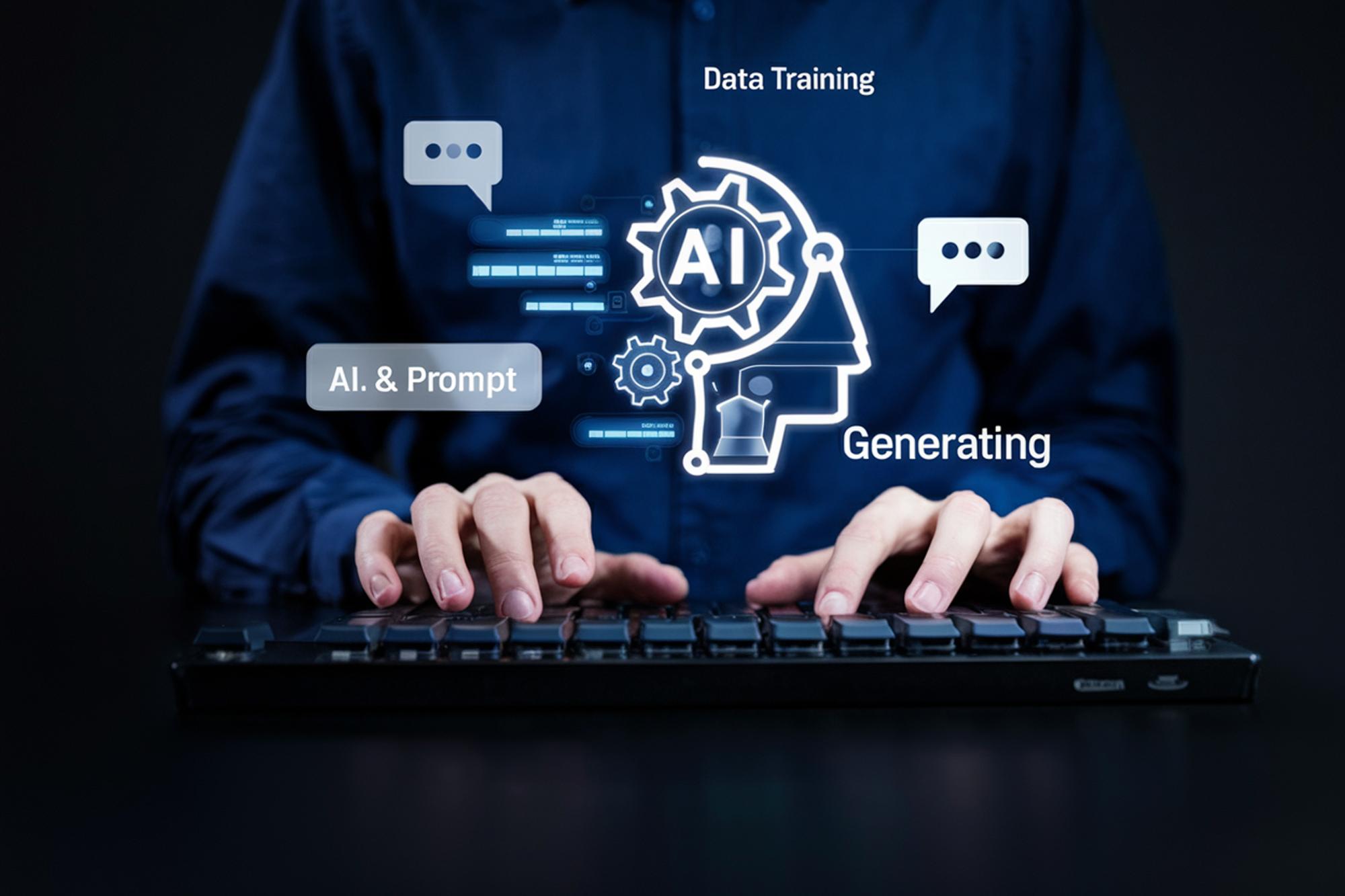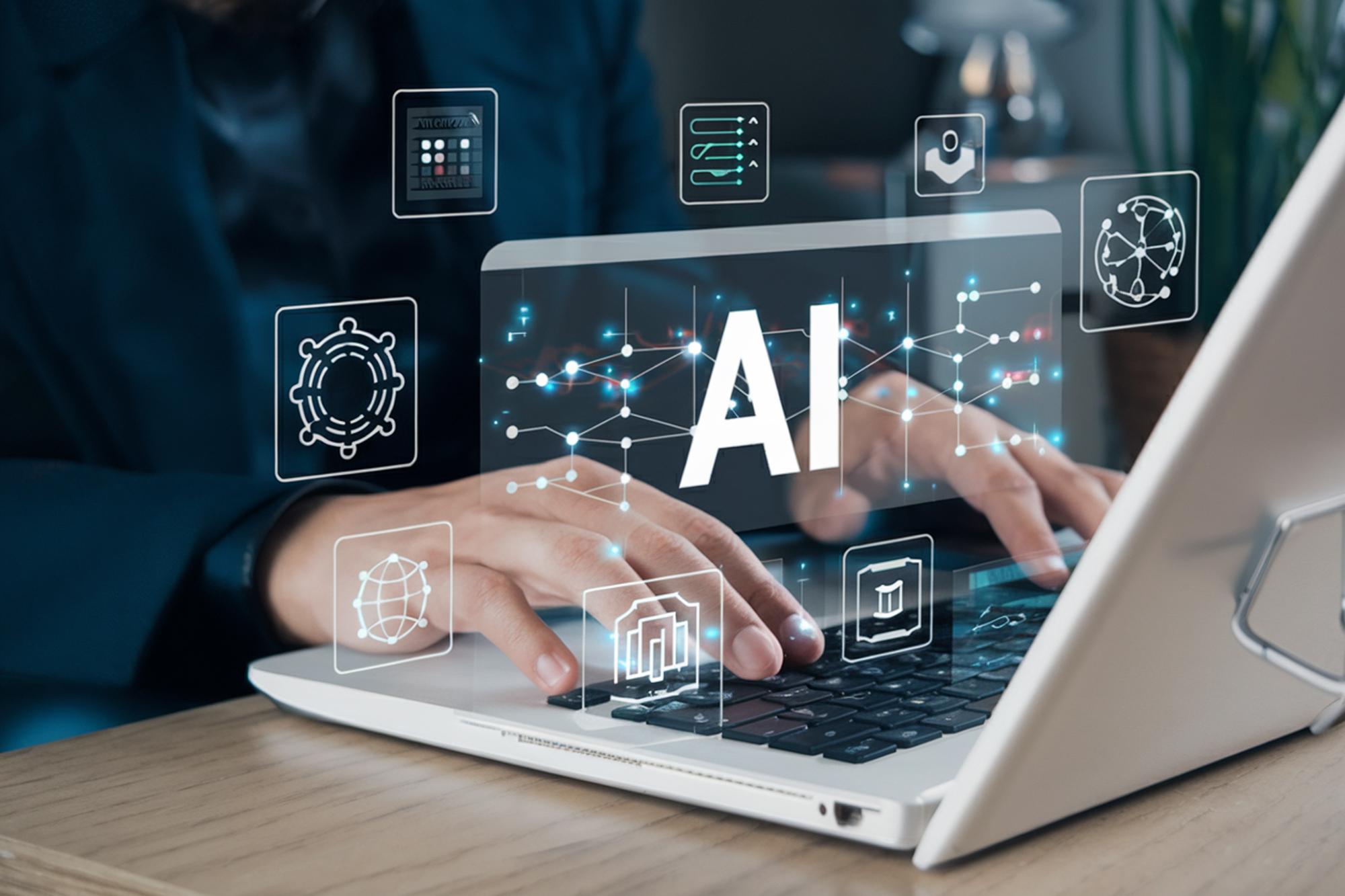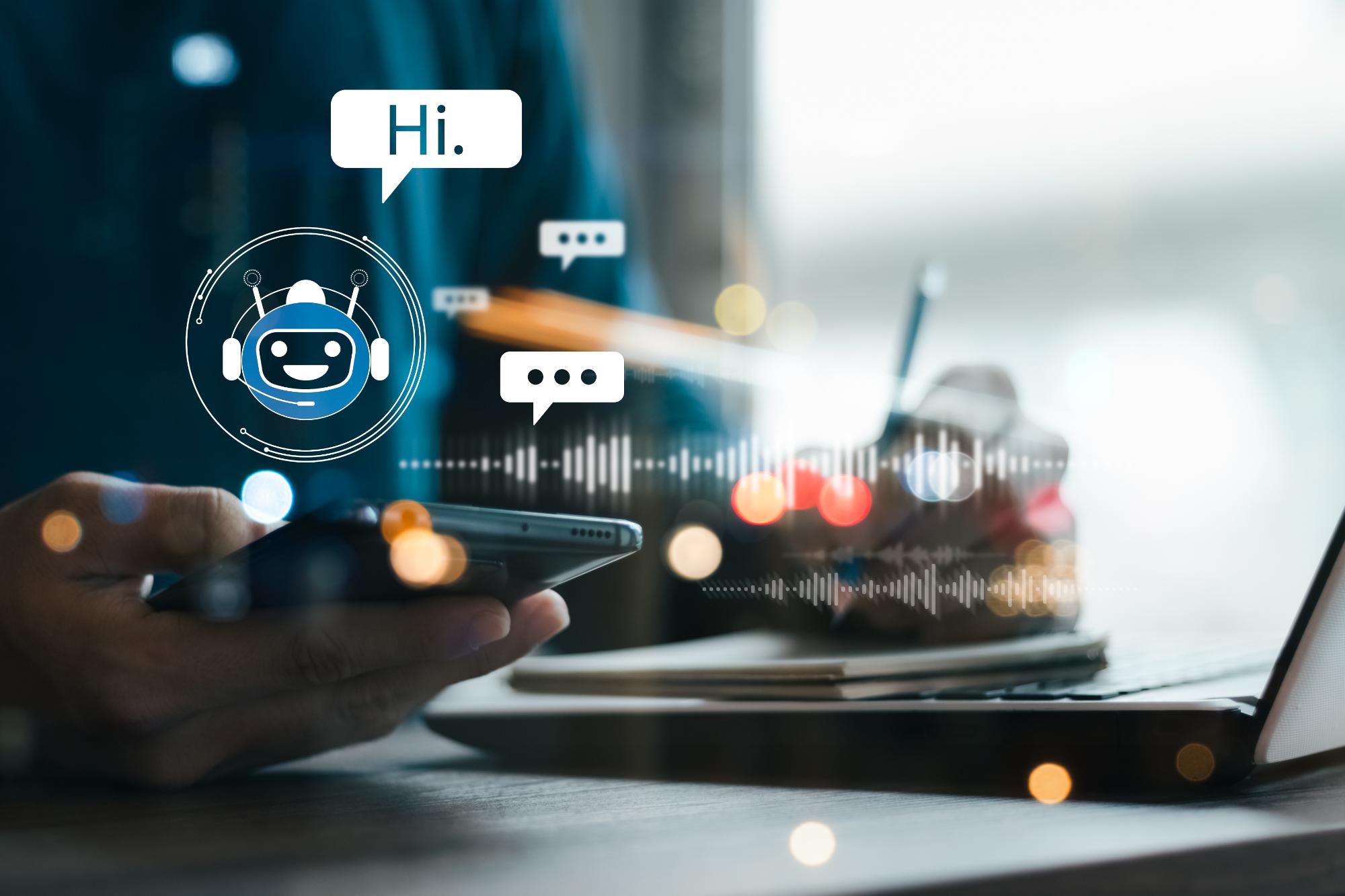In today’s fast-paced digital world, AI chatbots and virtual assistants are transforming the way businesses and individuals communicate. These intelligent systems are not only enhancing customer interactions but also streamlining business operations, improving efficiency, and offering personalized experiences.
What are AI Chatbots and Virtual Assistants?
AI chatbots are software applications that use artificial intelligence to simulate human-like conversations. They can process natural language inputs, respond to user queries, and perform tasks ranging from answering frequently asked questions to processing transactions.
Virtual assistants, on the other hand, are advanced AI-driven programs that provide more comprehensive support, such as scheduling meetings, managing emails, setting reminders, and even controlling smart home devices. Popular examples include Siri, Google Assistant, and Amazon Alexa.
The Role of AI in Enhancing Customer Experience
1. 24/7 Availability
One of the biggest advantages of AI chatbots is their ability to provide round-the-clock support. Unlike human agents, they don’t need breaks or sleep, ensuring that customers receive immediate assistance anytime, anywhere.
2. Personalized Interactions
AI-powered virtual assistants analyze customer data to provide personalized recommendations and responses. By understanding user preferences, chatbots can tailor interactions to suit individual needs, enhancing user engagement and satisfaction.
3. Faster Query Resolution
With natural language processing (NLP) and machine learning capabilities, AI chatbots can swiftly interpret user inquiries and provide accurate responses. This reduces wait times and improves overall customer service efficiency.
4. Cost-Effectiveness
Businesses can significantly cut operational costs by implementing AI chatbots. They minimize the need for large customer service teams, allowing companies to allocate resources more effectively while still delivering quality support.
5. Scalability
AI chatbots can handle multiple customer interactions simultaneously, making them an ideal solution for businesses experiencing high volumes of inquiries. This ensures that no customer is left waiting for assistance.
Industries Benefiting from AI Chatbots & Virtual Assistants
E-commerce & Retail
Chatbots assist in product recommendations, order tracking, and customer support, improving the shopping experience.
Healthcare
Virtual assistants help schedule appointments, provide medication reminders, and offer health-related information, reducing the workload on medical staff.
Banking & Finance
AI chatbots facilitate seamless transactions, answer banking queries, and provide financial advice, enhancing user convenience.
Travel & Hospitality
From booking flights to recommending travel destinations, chatbots offer seamless assistance to travelers.
Future Trends in AI Chatbots & Virtual Assistants
- Voice and Multimodal AI: The integration of voice-based AI will make interactions more intuitive and natural.
- Emotional Intelligence: Future chatbots will be able to detect user emotions and respond empathetically.
- Integration with IoT: AI assistants will increasingly be used to control smart home devices and connected systems.
- Hyper-Personalization: AI-driven assistants will deliver highly tailored experiences based on real-time data and user behavior.
Conclusion
AI chatbots and virtual assistants are reshaping the way businesses engage with customers, making interactions faster, smarter, and more efficient. As AI technology continues to evolve, we can expect even greater advancements that will further enhance user experiences across industries. Whether for personal assistance or business solutions, AI chatbots are here to stay, driving the future of digital communication.





